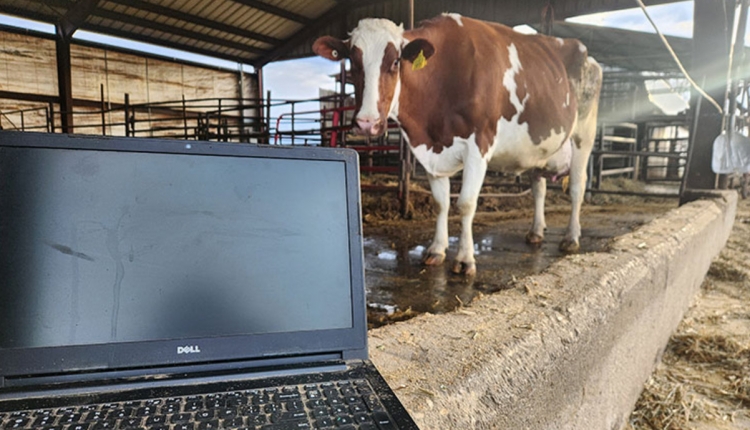The value of dairy products exported during January and February totaled nearly $675 million, up 52 percent from the same two months a year ago. Mexico was the largest buyer, by far, importing $143 million worth of dairy products, a 34 percent rise from January and February of 2010.
According to the CME Group's Daily Dairy Report, aggregate export volumes of milk powder, whey, lactose, cheese, and butterfat in February were 125,063 tons (275.7 million pounds) which was up 41 percent from a year ago. That report stated that February shipments of nonfat dry milk and skim milk powder were 35,700 tons (78.7 million pounds) which was up 132 percent from the year before. That amount represented 54 percent of those milk powders produced during the month.
The U.S. dairy trade surplus also is growing. There was an 11 percent rise in dairy imports during February. However, due to the rise in exports, the trade surplus was nearly $167 million.
The value of cheese exports during January and February was $147.8 million. That was 79 percent higher than a year earlier. The quantity of cheese exported totaled 85.2 million pounds. So far in 2011, the Cooperatives Working Together program has assisted CWT-member co-ops in exporting 24.4 million pounds of cheese. It is difficult to reconcile CWT cheese-export assistance with export records, but it is safe to say that CWT is playing a role in cheese exports.
Exports are bringing a lot of dollars to the U.S. dairy industry. Often, in the past, U.S. prices have been much higher than world prices. Now, world prices are fairly even with U.S. prices, if not higher. Every other week, the newsletter of the Western Alliance of Milk Producers includes world price comparisons. Last week, the U.S. butter price (adjusted to 80 percent fat) was $2 per pound compared to an Oceania price of $2.12 and a European price of $2.50. The U.S. Cheddar price was $1.63 per pound compared to $2 in Oceania (no report from Europe). Whole milk powder was $1.93 in the U.S. compared to $1.86 per pound in Oceania and $1.02 in Europe. There was no dry whey report from Oceania, but it was 49 cents in the U.S. and 60 cents in Europe.









